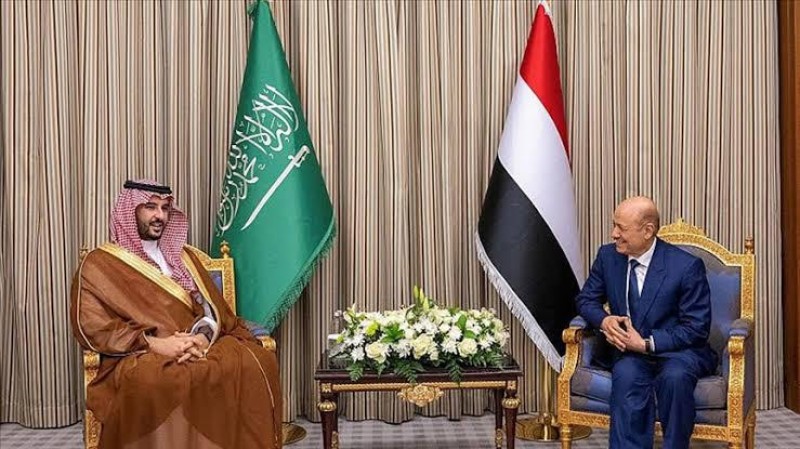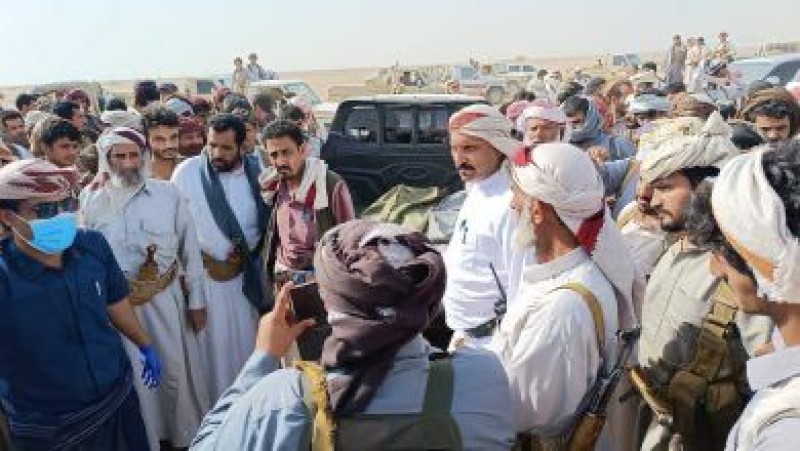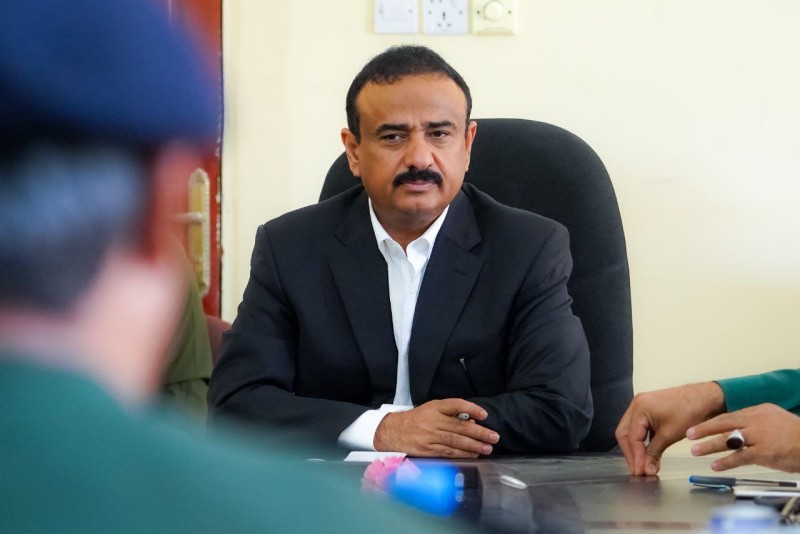Houthi court sentences 35 Yemeni lawmakers to death


A court controlled by Iran-backed Houthis on Tuesday sentenced 35 pro-government parliamentarians to death and confiscated their properties, a local lawyer who attended the trial said.
Abdul Basit Ghazi said on Facebook that the Specialized Criminal Court in Sanaa handed down the verdicts on members of the Yemeni Parliament charged with treason for supporting the internationally recognized government and military operations by the Saudi-led coalition in Yemen.
Convicted lawmakers included Sultan Al-Barakani, the parliamentary leader and his deputy Abdul Aziz Jubari; Ameen Al-Okaimi, governor of Jawf; Ali Amrani, Yemen’s envoy to Jordan, and several former ministers, tribal leaders and businessmen.
In February, Al-Barakani complained to Martin Griffiths, the UN envoy to Yemen, that Houthis had confiscated the property of 35 Yemeni MPs who supported the internationally recognized government.
Houthi extremists have stepped up their legal attacks on lawmakers since early last year when MPs met in Seiyun in Yemen’s Hadramout province for the first session of the Parliament since the beginning of the war.
Dozens of legislators in Houthi-controlled areas, including the current Parliament’s head, have switched sides and joined the internationally recognized government since December 2017 when militants killed former President Ali Abdullah Saleh.
Pro-government lawmakers who fled Sanaa say Houthis barred their peers from leaving the capital and forced them to attend the rebel-controlled Parliament. Houthi-controlled courts previously sentenced President Abed Rabbo Mansour Hadi, his deputy Ali Mohsen Al-Ahmer and the Prime Minister Maeen Saeed and other ministers to death for treason.
After the trial, armed Houthi fighters stormed the properties of the sentenced men and ordered local banks to freeze their accounts.
Political analysts say that Houthis are targeting opponents to justify confiscating properties and intimidate those who might consider fleeing areas under rebel control.
“They seek to accelerate looting properties of lawmakers, including houses and other properties in their areas. They also want to terrorize politicians and other lawmakers in Sanaa who plan to sneak out to government-controlled areas or outside the country,” Saleh Al-Baydhani told sources.
On the battlefields, fighting continues between government troops and Houthis in the province of Jawf and Nehim district, near Houthi-controlled Sanaa.
Government officials say that militants executed several opponents shortly after seizing control of Hazem on Sunday.
Yahyia Qoma, director of the Ministry of Information’s office in Jawf, said that Houthi militants killed several people on Tuesday and stormed opponents’ houses in Hazem. Houthis have made major gains in the northern province of Jawf after seizing control of Hazem, the capital of Jawf and Ghyal district.
The conflict began in late 2014 when Houthis seized control of Sanaa and placed Hadi under house arrest. The rebels extended their operations across Yemen, triggering a civil war that has killed tens of thousands of people, according to the UN.

Riyadh – A senior official in Yemen’s Presidential Leadership Council said that Council President Rashad Al-Alimi is expected to meet e…

Marib – The internationally recognized government of Yemen has recovered the bodies of 20 of its fighters in a tribal-mediated exchange with…

Shabwa – The Governor of Shabwa, Awad Mohammed bin Al-Wazir, has directed the Director General of Police in the governorate to urgently take…